-
Tula hosts pop up shops in Bengaluru, rolls out eco-friendly innovations
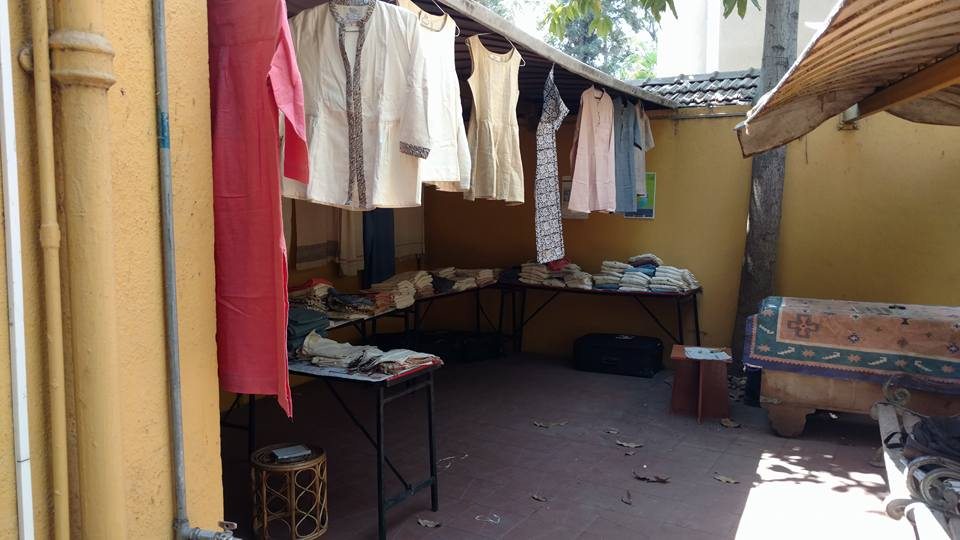
After spending four days hosting pop up shops in Chennai, the sustainable fashion collective Tula has headed to Bengaluru to take part in several sustainable fashion events and show off new eco-friendly fabric dyeing procedures. Tula is currently taking part in Bengaluru’s Swaraj Discovery Week and had a pop up shop at the Bhoomi Utsav…
-
Gandhi Jayanti: TULA to hold ‘Conversing Gandhi’ event

The event will be hosted by several groups working on sustainable farming and safe food, khadi and handloom, local governance, local economy and self-reliance. MSSW (Madras School of Social Work) and Mission Samriddhi will be co-hosting the event. ‘Conversing Gandhi’ aims at bringing together students of social sciences from several institutions across the city, a…
-
Tula: A Return to India’s Regenerative Cotton Roots

As part of our series on cotton in community, we are honored to share this article produced by Harpreet Singh, exploring the connections between cotton, colonialism, cloth production, and community-based economies.
-
Eco friendly fashion and its glamorous connotation!
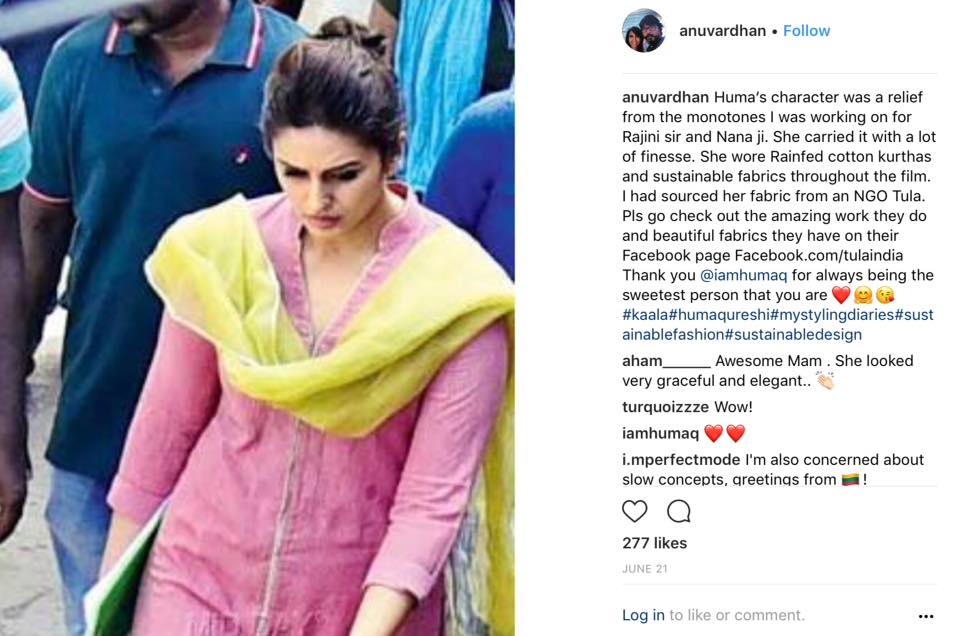
Thanks to designer #anuvardhan & the lovely #huma for showing that style and sustainability can definitely go hand in hand. It takes incredible amount of efforts and commitment by each one of us in the cotton value chain to get these lovely yardages made & such creative expression only add so much more to the…
-
Handloom at the movies
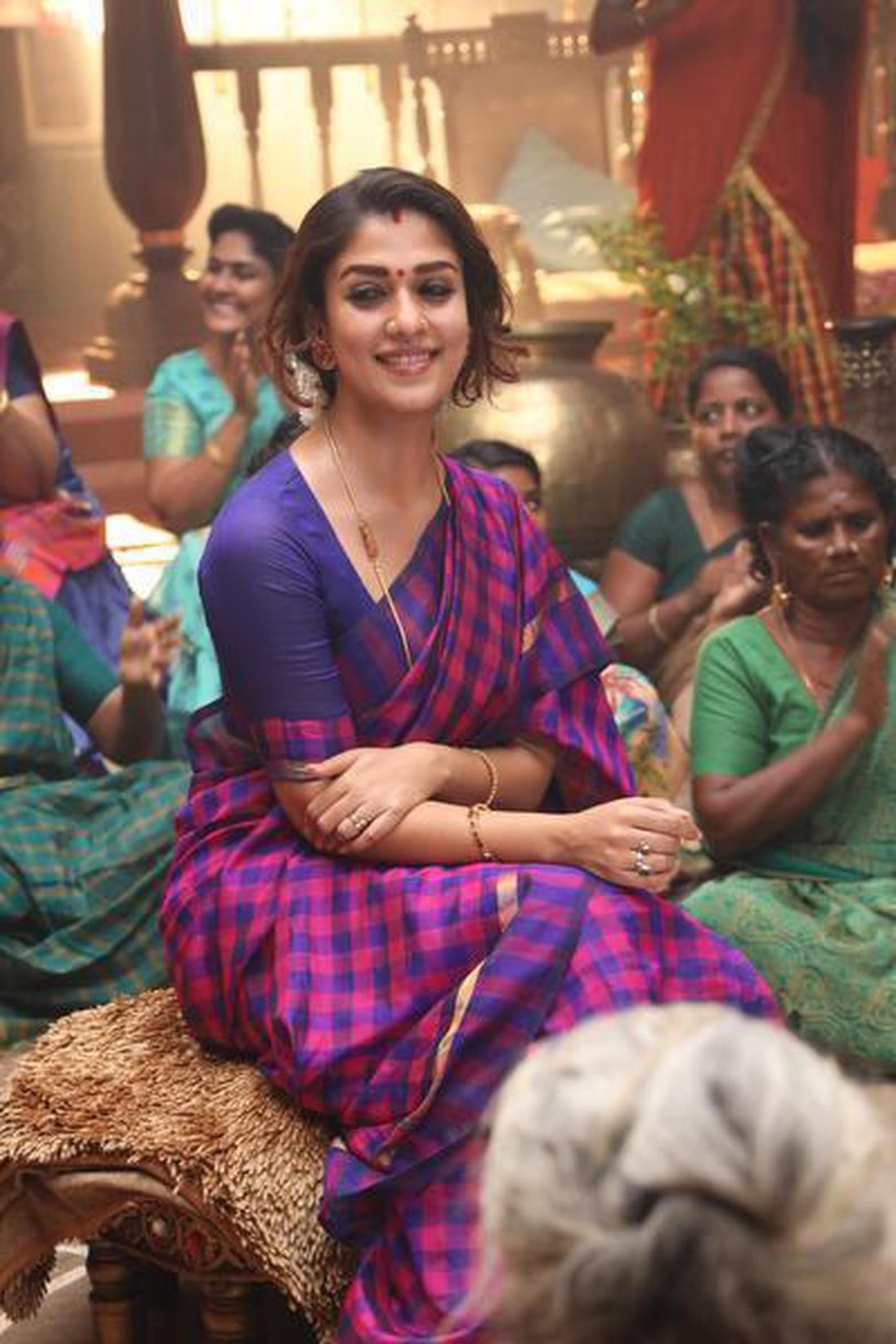
The National Award-winning designer has been pushing handloom’s case for a while now. Jyotika’s chosen stylist, she outfitted the entire cast of Theeran Adhigaaram Ondru (2017) in organic cotton dyed to suit the tone of the film.
-
Hot off the rack: Organic Cotton Clothing
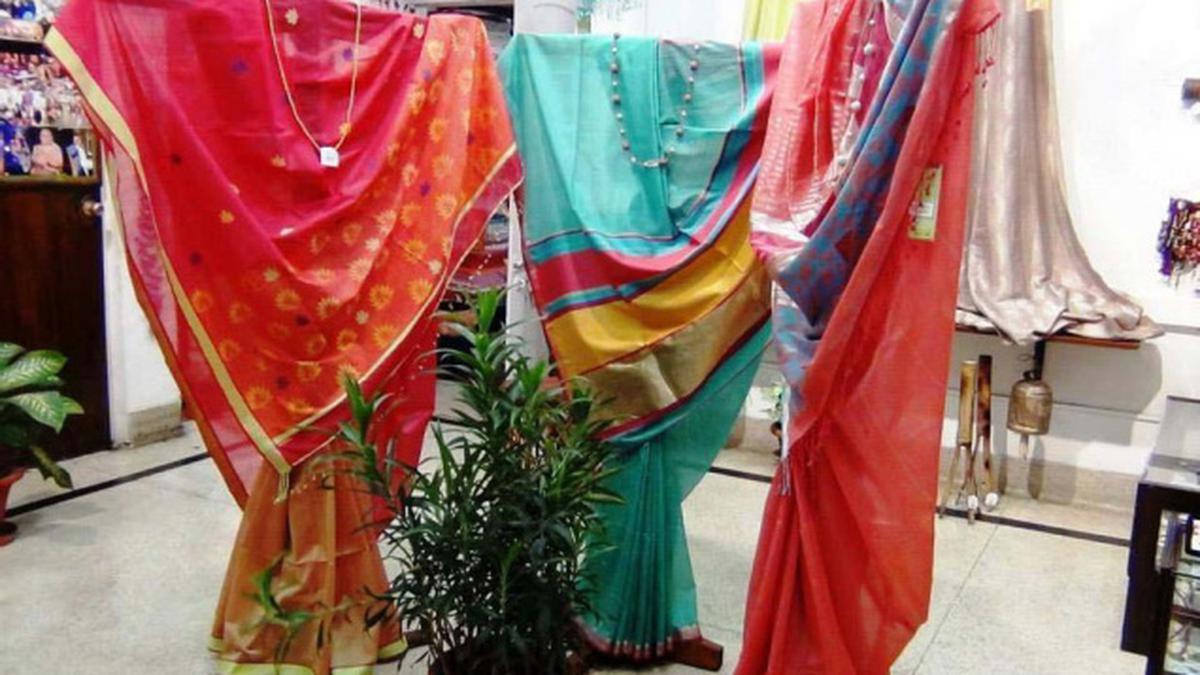
There is a large untapped potential in India for organic clothing, say industry experts
-
Face2Face Interview with Ananthoo

Ananthasayanan, Aka Ananthoo, is one of the co-founders of Tula. Tula works with cotton farmers and helps them farm organically
-
An organic way of life
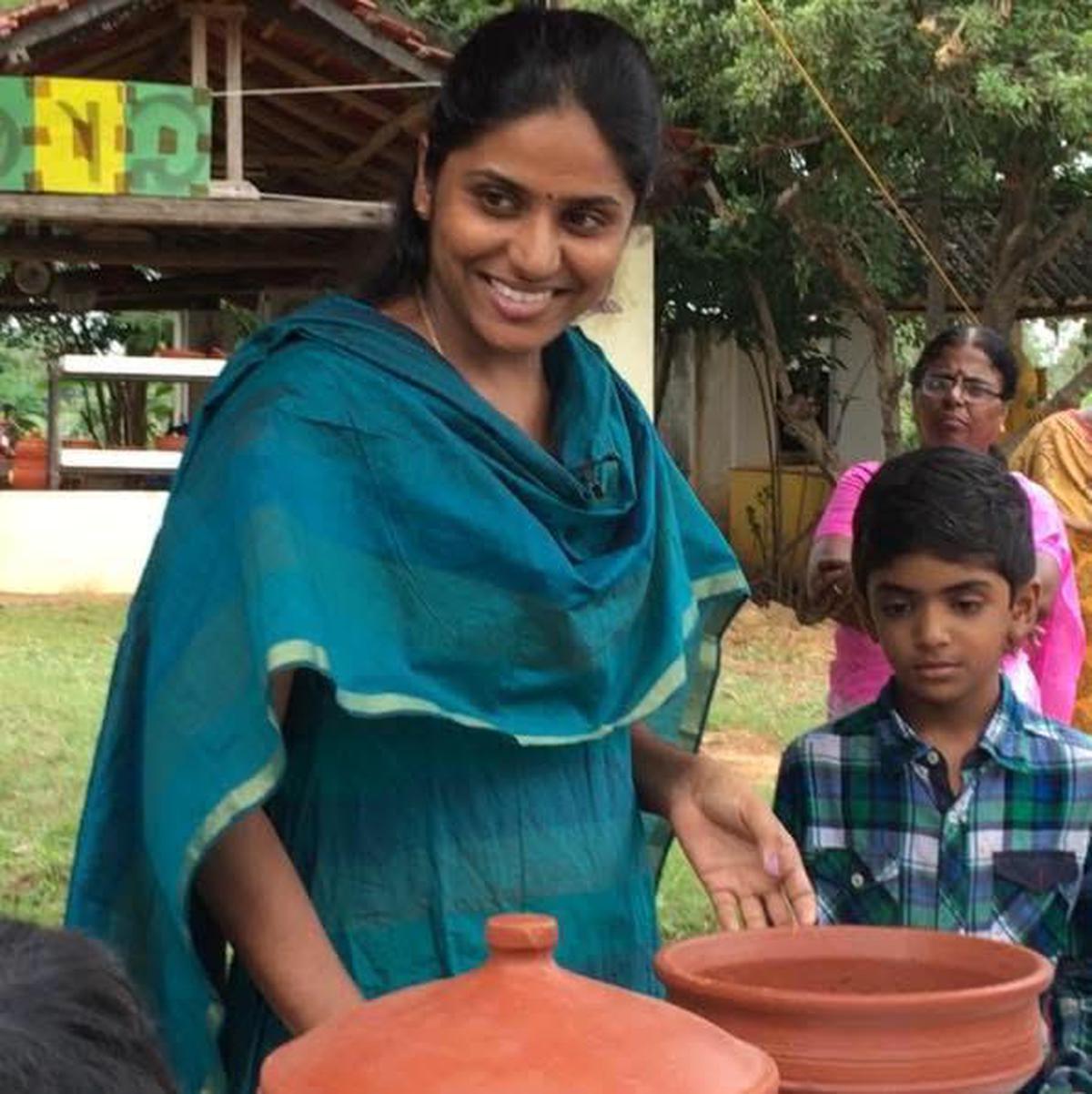
Clothing, pickles, packaging… the city has a thriving organic ecosystem, writes RANJANI RAJENDRA